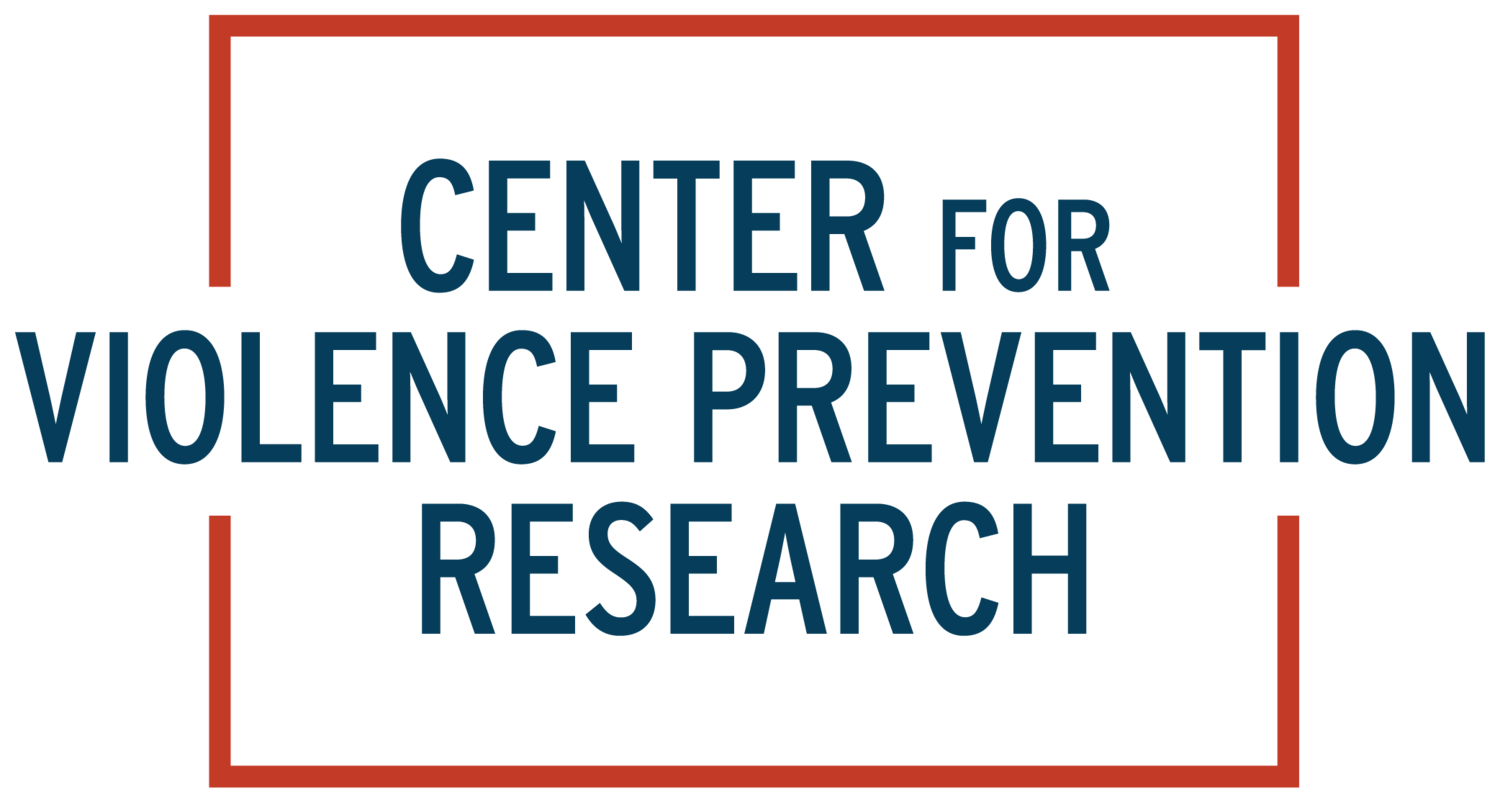Perspectives on Prevention Education for Children with IDD
Background
Communication problems, difficulty navigating social situations, and caregiver stress contribute to an increased risk for child maltreatment for children with intellectual and developmental disabilities (IDD). Although literature on school-based prevention education is expanding, research on how to provide high-quality prevention education for children with IDD is lacking.
Approach
We talked to 21 parents, school staff, and community-based prevention specialists about their experiences with children with IDD. We asked for their opinion on prevention education for children with IDD. They shared their perspectives on potential challenges, benefits, implementation strategies, topics to be covered, and parent engagement
Findings
Participants suggested giving detailed information about the program to parents, potentially even access to the program curriculum, and ample opportunities for parents to ask questions.Participants encouraged use of visuals, interactive activities, standardized vocabulary, and concrete examples during lessons. Instructors should be equipped to use different methods of communication which may include assistive devices. Highly trained educators should lead lessons with special education teachers or teaching assistants supporting. Participants suggested teaching about unique risk factors for children with IDD such as appropriate and inappropriate interactions in the context of medical or assistive care.
Limitations
Our sample included only three parents of children with IDD and all participants were women. We did not include any children or young adults with IDD.
Summary
Prevention education can benefit children with IDD by empowering them and providing opportunities to practice being assertive. To maximize these benefits, a neurodiverse approach should be employed while encouraging parent participation and normalizing sexual behaviors among people with IDD.
Key Points
Children with IDD face a higher risk of maltreatment, and the shortage of preventive education resources for them demands action.
Parents of children with IDD and professionals who work with children with IDD recommend to:
Use assistive devices to cater to the diverse modes of communication used by students with IDD.
Address medical and assistive care as a topic unique to the IDD population.
Give everyone equal voice, promote being assertive and communicating one’s wishes, and normalize discussions about sexual behaviors.
“As Children’s Advocacy Centers and multidisciplinary teams, it is our goal to make our services as accessible and responsive as possible, to all children—so let’s make sure we’re not overlooking children and youth with IDD.”
Read our latest papers on the topic:
Bődi CB, Ortega, DP, Hawkins LB, James TG, & Bright MA. (2023). Parents' and professionals' perspectives on school-based maltreatment prevention education for children with intellectual and developmental disabilities. Child Abuse & Neglect, 145, 106428.
Can’t access the paper? Contact us and we’re happy to share.

